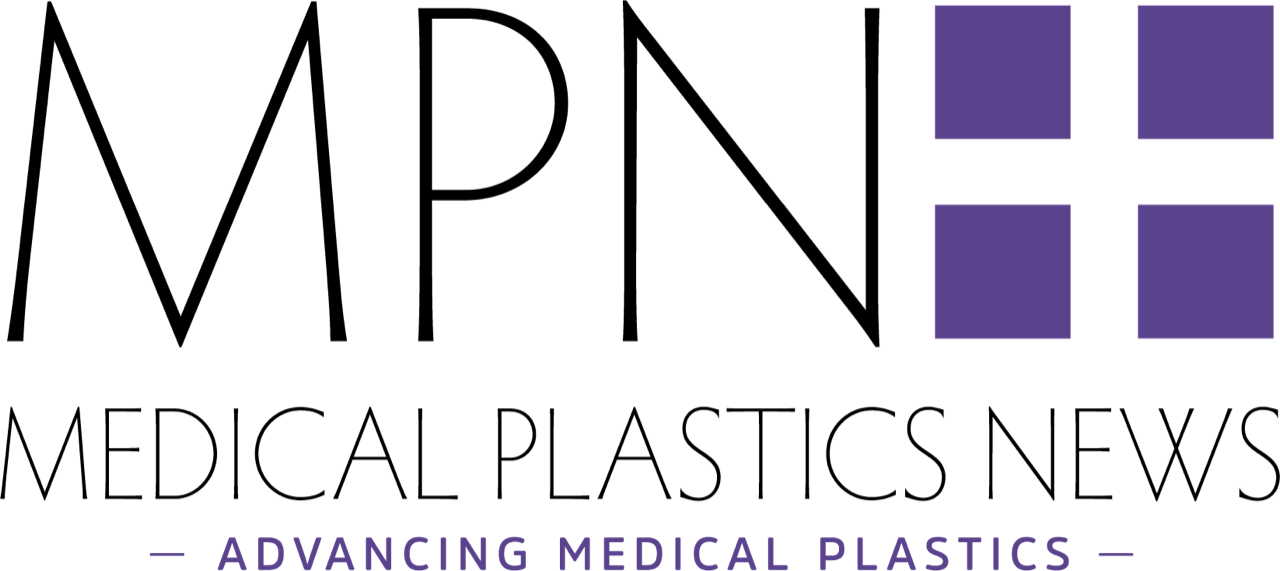A survey for MassMedic and the Women in Medtech programme revealed that most women executives in medtech don’t feel they see the same pay or opportunities for investment as their male counterparts

The survey, managed by Medi-Vantage was initiated to explore current and future challenges for women in executive roles in medtech.
Women represent approximately 78.4% of the labor force in the healthcare industry, according to the Center for American Progress, but are wildly underrepresented on the executive ladder, making up only 14.6% of the executive officer positions in the industry.
Not a single woman holds the corner office at the top 100 medical device companies as listed last year by Medical Device & Outsourcing. The closest contender was Philips Healthcare’s Deborah DiSanzo, who left Philips in July 2014 – though she now heads IBM’s Watson Health unit.
The survey was sent to 100 women holding executive roles in the industry. Of the 100 invited to the survey, 24 responded and shared their perceptions of their role in the male-dominated C-suites.
Of the 24 respondents 17 women opted to respond anonymously, even after offered a copy of the findings and a guarantee of confidentiality, reinforcing that the medtech culture is not open to claims of gender bias and discrimination.
According to the survey, over 50% of responding women executives said they do not believe they are paid at the same level as their male peers and don’t think they have the same potential for advancing in the industry.
Survey responders said that fewer than 10-20% of their peers are women, and that the culture does not allow executive women the flexibility to be a family caregiver without bias or stigma, according to the report.
When asked if they would encourage their daughters to seek a career in medtech, responders were torn, with some saying they wouldn’t encourage a venture into the field and others being supportive or urging them to work on their “professional development,” according to the survey.
On a positive note, 60% of responders said they felt they held as much power and impact as their peers, though not more. The other 40% felt they did not hold the same power, or were unsure in their answer.
In final comments, women were split between optimism that positive change for women in the industry is on the horizon and the view that it is still a struggle for women to advance in medtech.

